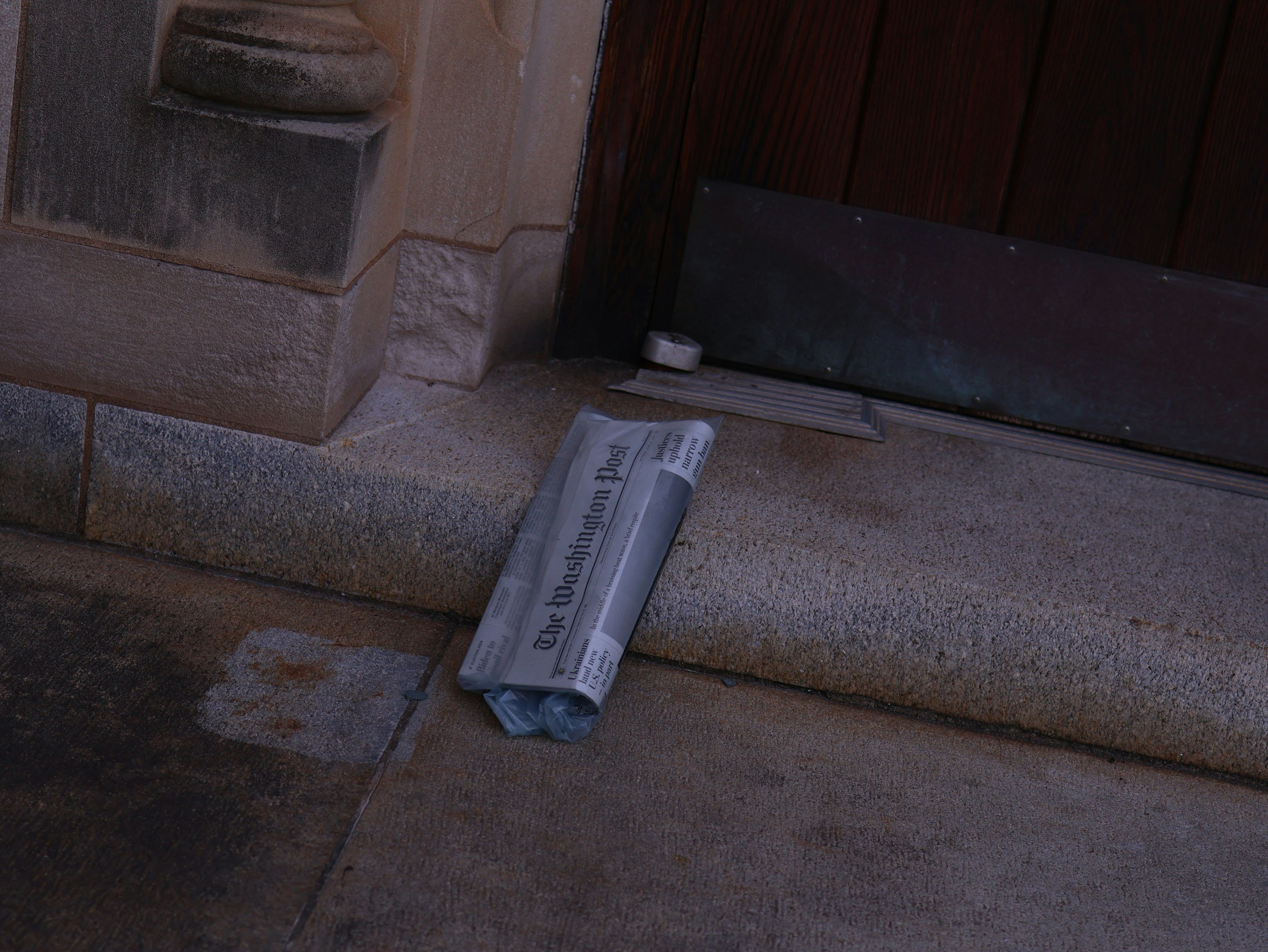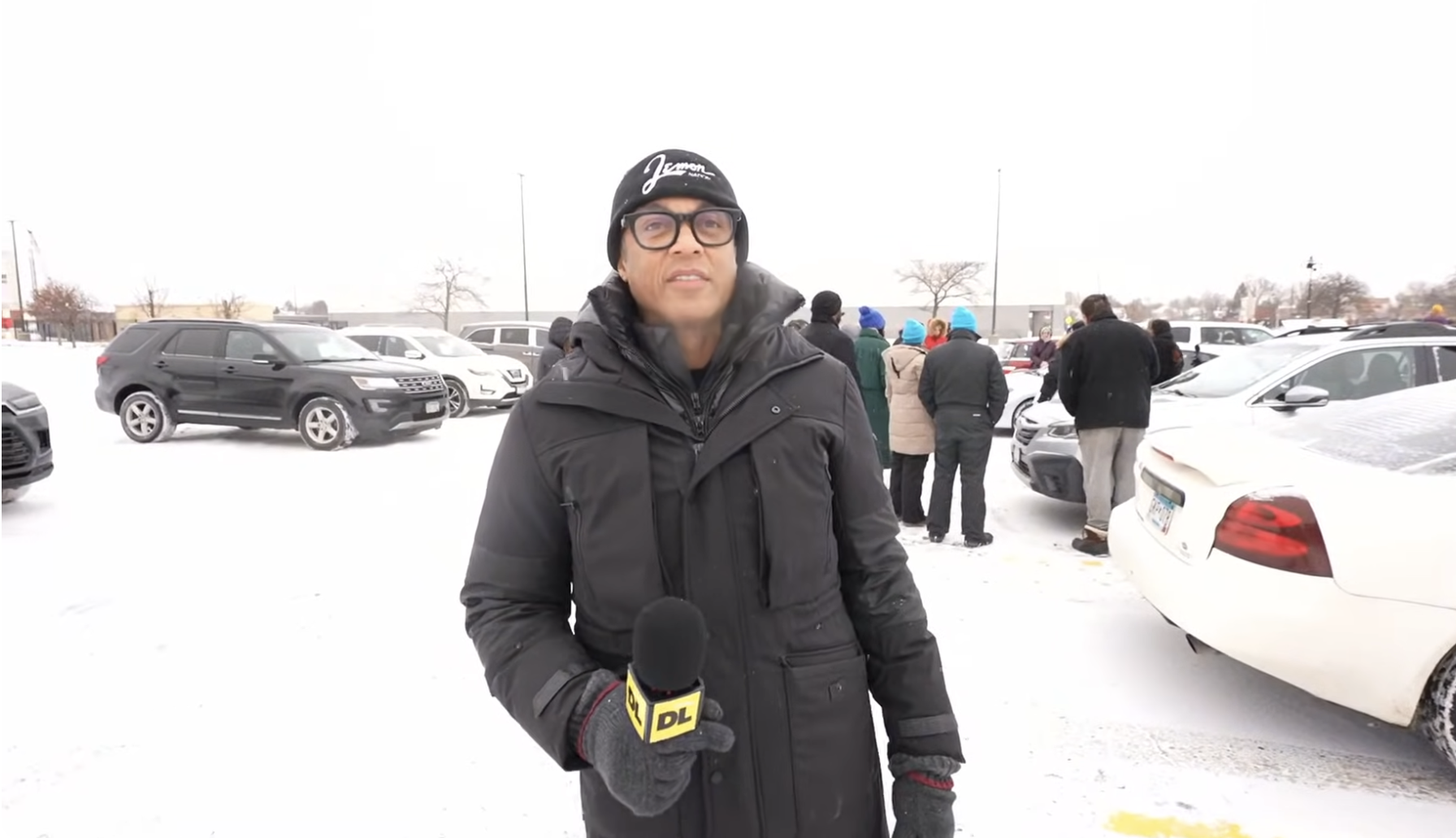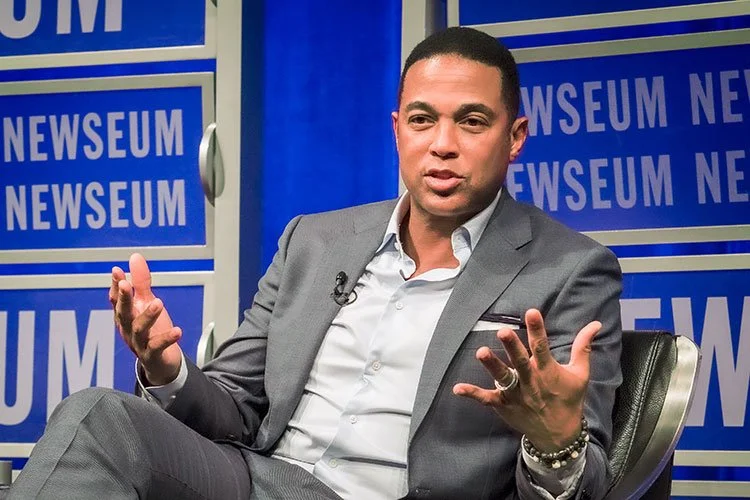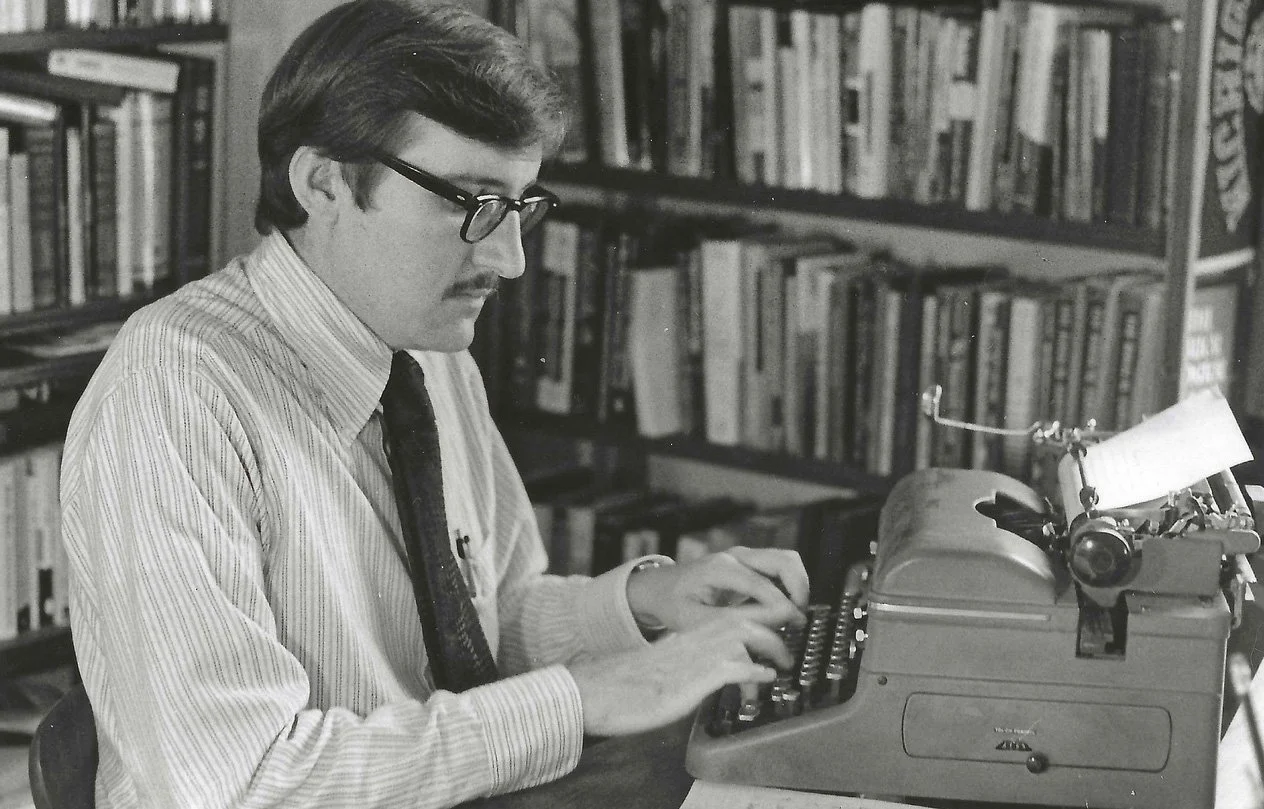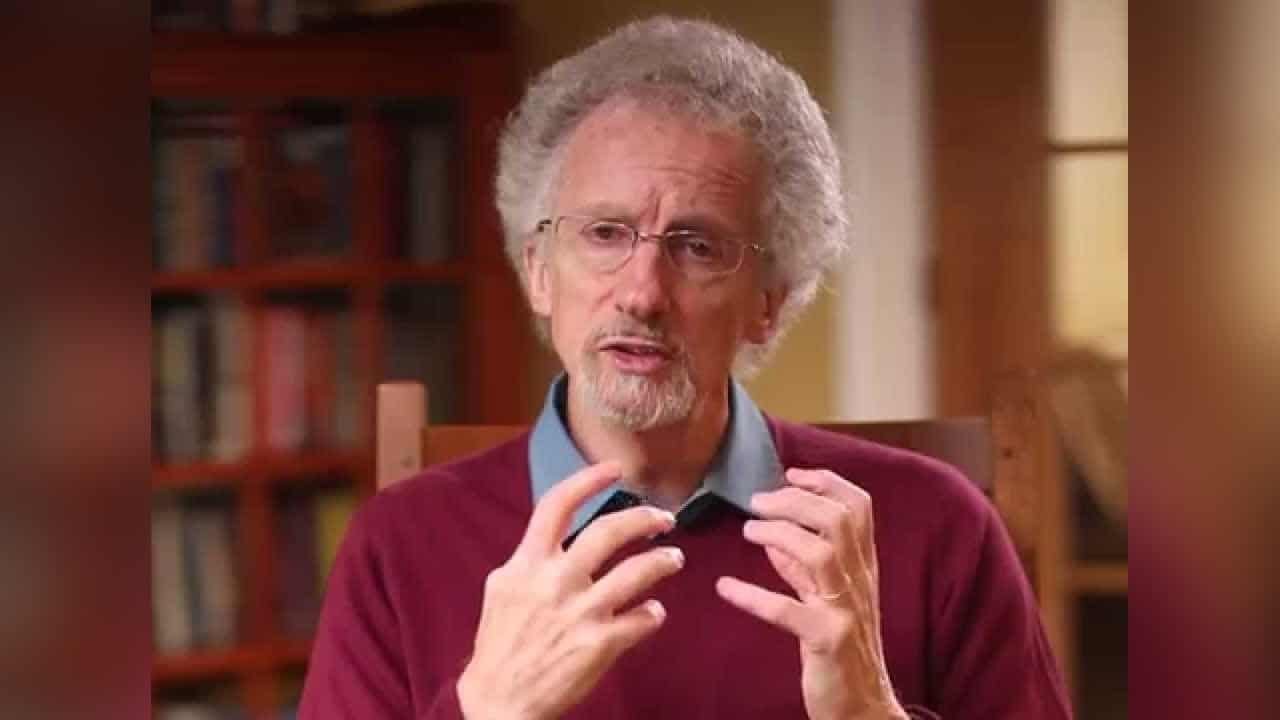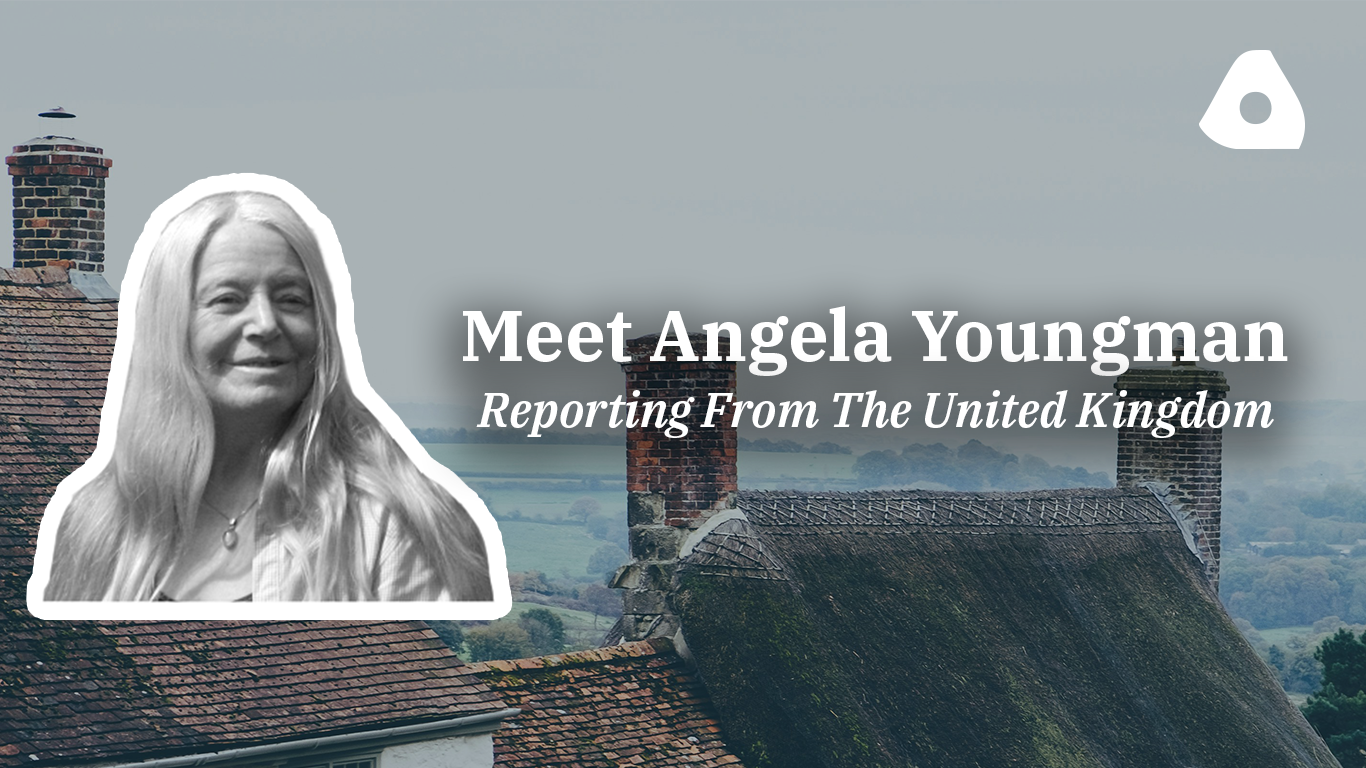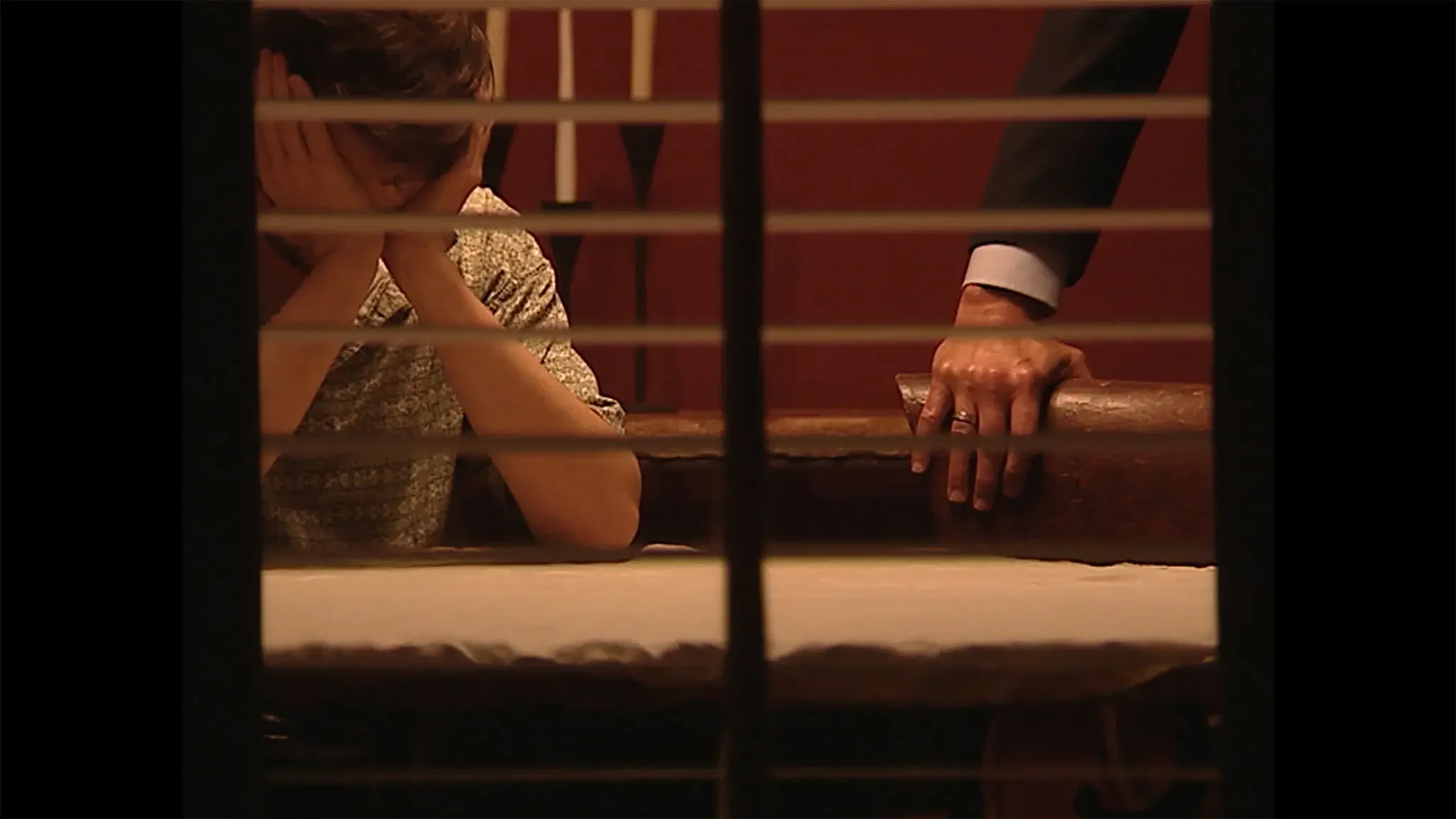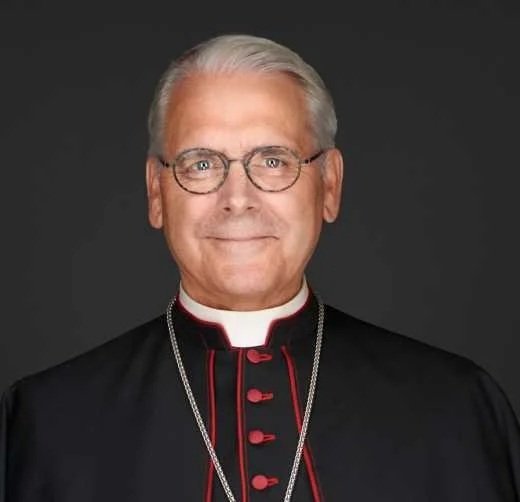While reading some of the outraged commentary about the spectacular staff cuts at The Washington Post, I keep thinking of the immortal words of King Theoden of Rohan, when facing dark waves of evil during the Battle of Helm’s Deep. All together now: “How did it come to this?”
Read MoreThe Christian Broadcasting Network is cutting 8.4% of its U.S. workforce as part of a strategic realignment, affecting dozens of employees. The Virginia Beach–based ministry cited a changing media and fundraising landscape while emphasizing continued global growth, digital expansion, and increasing international audience reach.
Read MoreFor Don Lemon, here’s the bottom line: He says he was a journalist “on the front lines,” embedded with protestors whose actions were the subject of his reporting. In addition to the coffee and donuts, the lifestream suggests that he took part in discussions of which church to invade and the details of what to do during the protests.
Read MoreFormer CNN anchor Don Lemon was arrested early Friday morning for his role in the Jan. 18 disruption at Cities Church in St. Paul, Minn.
Read MoreOn this week’s episode of the podcast, we sat down with Bobby Ross Jr. to discuss not only the news trends he anticipates in the year to come — but his career of 25 years covering faith through on-the-ground reporting in all 50 states and in 20 different countries.
Read MoreDuring this tense moment in journalism, will Southern Baptist leaders return telephone calls from elite newsrooms or will they choose to speak to “conservative” and “religious” publications, alone?
Read More“Why not keep busy?” That’s Richard Ostling’s response when asked why he’s still covering religion at age 85 — after six decades on the Godbeat.
Read More(ESSAY) In a world where reporters cover the Vatican more like a political state rather than a religious institution, John occupied a rare space, even rarer these days. The longtime Rome correspondent explained things — both fairly and with plenty of context — to a world largely unfamiliar with how the Vatican works.
Read MorePerhaps not surprisingly, in a Bible Belt state such as Oklahoma, religion came up even in prison reporting — from Catholic bishops making appeals at clemency hearings to Allen, the inmate whose death I witnessed, declaring in her final statement, “Father, forgive them, for they know not what they do.”
Read MoreAnyone who has followed religion news published by the Gray Lady in the years since January 22, 1973, knows that when debates linked to evangelicalism must be covered, The New York Times knows how to tell “good” evangelicals from “bad” evangelicals, as in the evangelicals who are worthy of respect and those whose moral, cultural and theological views are considered extreme, if not dangerous.
Read MoreIn a special year-end edition, Weekend Plug-in counts down the Top 10 most popular Religion Unplugged stories from the past 12 months.
Read More“Religion is more than simply attending services; it is in the way we behave towards others,” Youngman said. “Showing religion in action and how it has affected culture, art and life around the world is important. My articles for Religion Unplugged show it at work quietly within the communities across Europe, and those stories can inspire others.”
Read MoreIt’s the best of the Godbeat, 2025 version. Many of the nation’s top religion journalists pick their top piece of the year.
Read More“My stories for Religion Unplugged are important because they offer readers a nuanced understanding of a complex region often reduced to simplistic narratives,” Iqbal said. “The website amplifies original, deeply reported stories that reveal how religion has become central to social and political developments.”
Read More(REVIEW) What does it mean when we finds moral clarity from not just punishing criminals, but making it a spectacle? When the most reviled offenders are exposed and humiliated in public view, few feel compelled to object. After all, who would defend a child sex predator? All this is examined in a new must-see Paramount+ documentary.
Read MoreWhat you choose to read matters. Only together can we can combat misinformation and uplift reporting that informs rather than inflames.
Read More(ANALYSIS) “News as we have hitherto known it has died and been laid to rest.” So wrote illustrious former BBC war correspondent Martin Bell, ending his autobiography, “War and the Death of News.” He was not writing the BBC’s obituary, but he could have been. No, he was arguing the BBC no longer knew the difference between fairness and neutrality.
Read MoreOnce again, the United States Conference of Catholic Bishops gathered for debates and votes with serious implications for the current occupant of the White House and his supporters.
Read More(ANALYSIS) The Oversight Board, a body making precedent-setting content moderation decisions on the social media platforms Facebook, Instagram and Threads, issued a decision calling on Meta to mitigate information asymmetries in armed conflicts. The Oversight Board is a body examining whether Meta’s decisions are in line with its policies, values and human rights commitments.
Read MoreAs we enter the final two months of the year, I want to take a moment to thank you — for reading, for sharing and for supporting our work.
Read More
